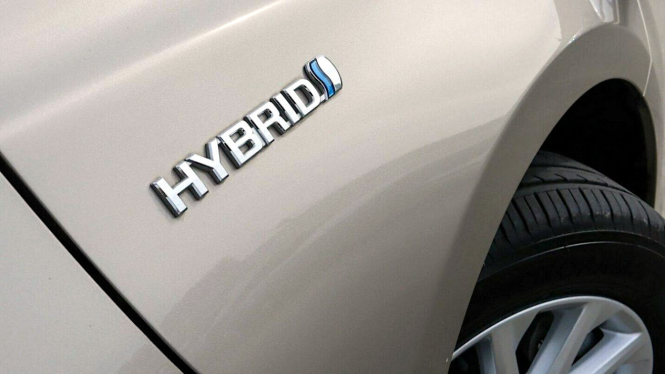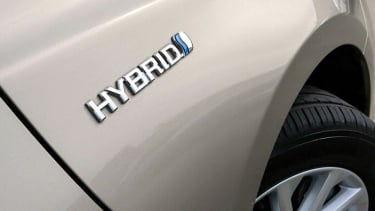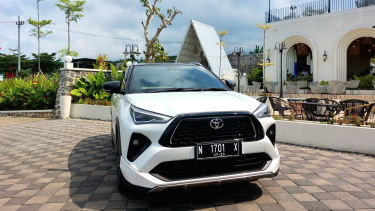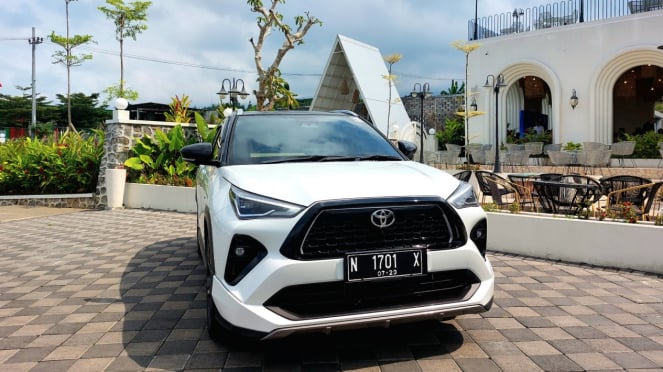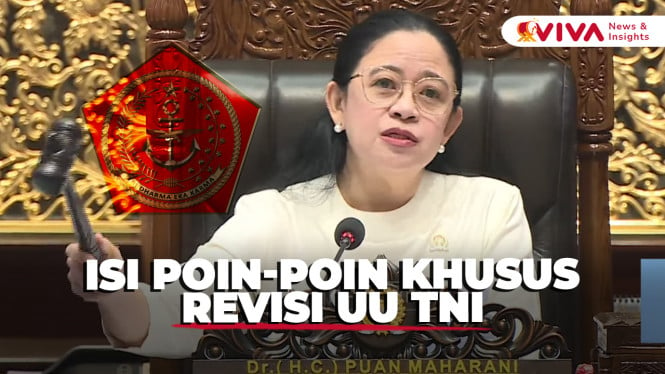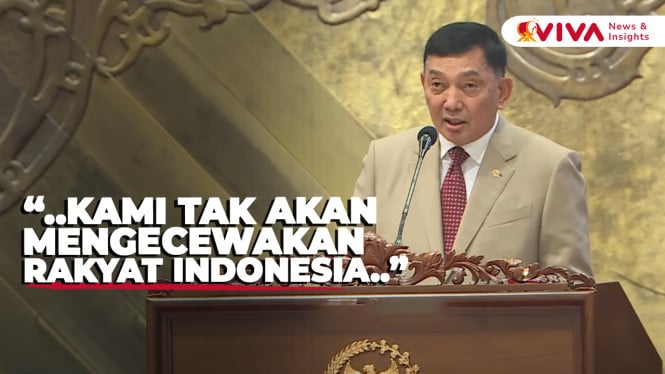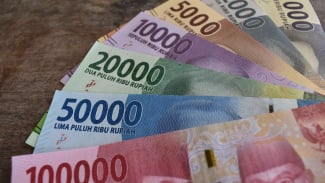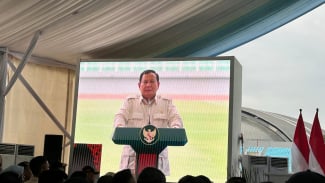Hybrid Car Incentive Can Be Beneficial for Consumers, Toyota Says
- Carsales
Jakarta – Hybrid cars are starting to spread in the Indonesian market, as evidenced by the increasing unit sales year over year (YoY).
Based on data from the Indonesian Automotive Industry Association (Gaikindo), the total wholesale sales of cars in Indonesia throughout 2023 were around one million units.
Based on these figures, KLBB consisting of electric cars (BEV), Hybrid cars (HEV), and plug-in hybrids (PHEV) contributed to sales by about 7 percent, with a total of 69,763 units.
However, some manufacturers believe that the purchasing power of consumers for Hybrid cars could increase significantly if supported by incentives from the government.
Toyota Yaris Cross Hybrid
- Arianti Widya
Vice Director of Toyota Motor Manufacturing Indonesia (TMMIN), Bob Azam explained that the presence of Hybrid incentive is believed to provide several benefits, both for manufacturers and consumers.
For manufacturers, Hybrid car incentives allow for model leveling, making this technology not only available in the upper-middle market segment but also in the entry-level segment.
"We need better incentives so that we can reach (lower market segments)," he said in Jakarta, some time ago.
As for the benefits for consumers, the presence of Hybrid car incentives could provide access to the latest products at much more affordable prices.
"Actually, incentives are needed where consumers cannot yet afford the technology, but on the other hand, the technology must be introduced early so that we don't lag behind other countries," Bob Azam explained.
Azam added that the existence of Hybrid car incentives and increasing consumer interest is also believed to contribute to the Indonesian electrification program, aimed at reducing carbon emissions.
"Incentives aren't for Toyota, but for consumers so that they can access higher-level technology. Ordinary consumers also want to contribute to reducing emissions through technological products, and this is what needs to be supported," he concluded.


